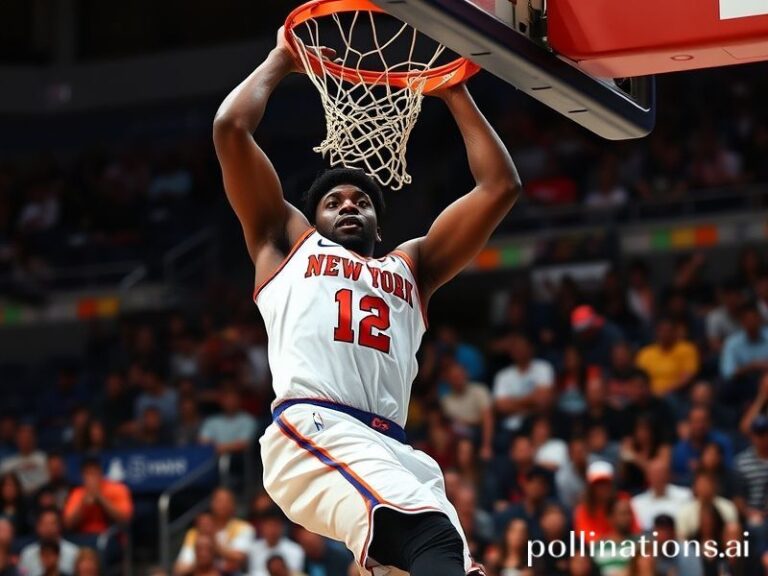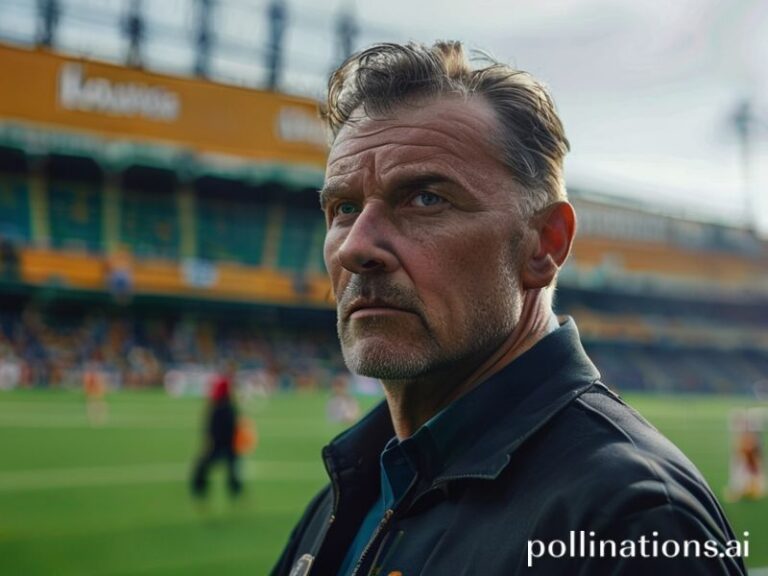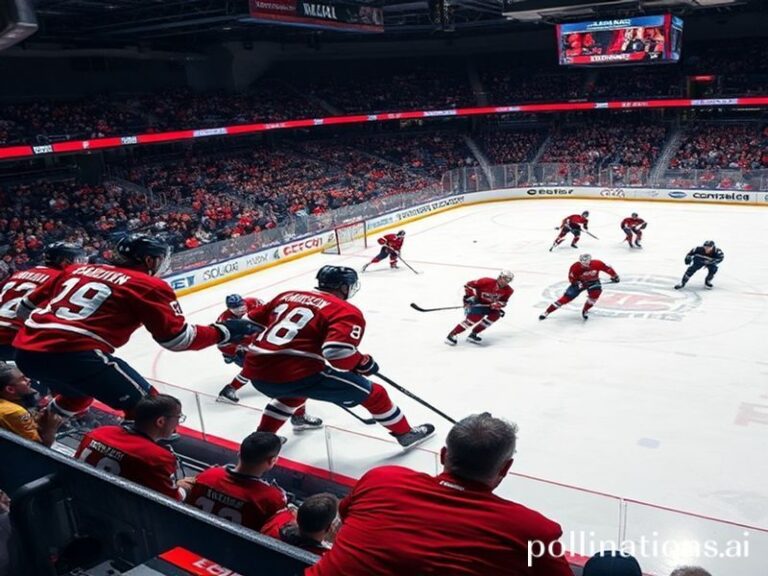Dakorien Moore: How One American Teenager Became the World’s Latest Morality Play
DAKORIEN MOORE: THE AMERICAN TEENAGER WHO BECAME A GLOBAL CONVERSATION PIECE ABOUT VIOLENCE, VIRALITY, AND THE BANALITY OF EVERYTHING
By the time Dakorien Moore’s name was being autocorrected in three alphabets and mispronounced by a French news anchor live on air, the 17-year-old from Baton Rouge had already achieved the only true international currency left: a mugshot with better lighting than most LinkedIn headshots. The alleged shooter in the April 2024 Louisiana State University frat-row gunfire—three wounded, none dead, a statistical shrug in modern America—managed to transcend local tragedy and become, in the words of a weary German crime reporter, “another data point in the American cardio workout of running from its own children.”
From Lagos to Lisbon, Moore’s face was pixelated on screens beside stock footage of AR-15s and tearful sorority girls, the planetary ritual we now perform whenever the United States offers fresh evidence that its national pastime is still self-harm with better cinematography. In South Korea, the story aired between segments on K-pop enlistment scandals and the won’s flirtation with worthlessness; commentators noted that even Korean school violence, grim as it is, rarely graduates to live rounds. Meanwhile Brazilian favela forums on Reddit swapped jokes about how American suburbia finally caught up to Rio’s Monday morning energy. Dark humor, yes, but the kind born from recognizing a cousin in the family photo.
The wider significance isn’t that a teenager allegedly brought a firearm to a party like it was a plus-one; it’s that the rest of the planet watched with the numb curiosity reserved for a recurring sitcom character who still hasn’t figured out the punchline. European Union diplomats—busy drafting their fifteenth strongly-worded statement about something else entirely—took the opportunity to quietly shelve a planned cultural exchange program, reasoning that teenage gunfire is not technically culture. In Geneva, a WHO intern updated the “Years of Life Lost” spreadsheet and sighed audibly enough for the entire open-plan office to hear. Somewhere in Tokyo, a gamer paused Call of Duty long enough to note the irony of exporting shooter fantasies to the very country whose real-life version now trends on his timeline.
International arms manufacturers, ever the sentimentalists, issued boilerplate condolences while their Q2 earnings ticked up another 0.3 percent. An anonymous exec told an industry rag that “tragedy is a lagging indicator; our forward guidance remains bullish.” The comment was later deleted, screenshot, and immortalized on an Australian meme page captioned “Late-Stage Capitalism Speedrun.”
But let us spare a thought for Dakorien Moore himself, who is, inconveniently, still a minor, and therefore both demon and child depending on the news cycle’s mood swings. In a saner world, his name would be unknown, his worst impulses confined to diary pages and therapy sessions. Instead, he’s become a Rorschach test: proof to Canadians that their southern neighbors are irredeemable; to Russians that American decadence has reached its logical telos; to Brits that exporting the Puritans was, in hindsight, the original Brexit. The Economist will doubtless publish a chart correlating TikTok usage with gun violence, the Financial Times will fret over the dollar’s reaction, and somewhere in Mumbai a content moderator will flag the livestream for “graphic content” while eating dinner at 3 a.m. local time.
And when the next mass shooting—sorry, “high-casualty incident”—arrives in roughly four business days, Moore will be archived under “Q2 2024,” sandwiched between celebrity divorces and a viral panda video. The planet will move on, because empathy has a refresh rate, and bandwidth is finite. Dakorien Moore the person may serve time, or he may walk; Dakorien Moore the symbol will already be compost in the garden of American horror, fertilizing the next crop.
In the end, the only truly global takeaway is this: we are all unpaid extras in America’s ongoing snuff film, watching from the cheap seats with popcorn seasoned by our own comparatively smaller catastrophes. The credits never roll, the plot armor is nonexistent, and the sequel is always green-lit.







